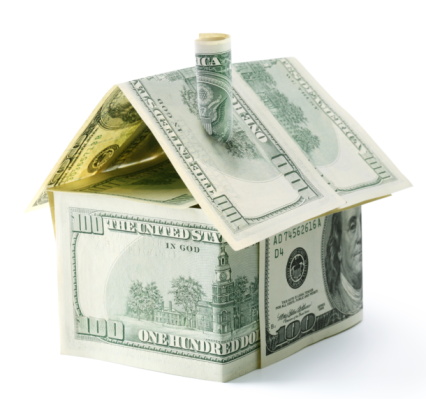Cute Baby
French parents don’t worry that they’re going to damage their kids by
frustrating them. To the contrary, they think their kids will be
damaged if they can’t cope with frustration. They also treat coping with
frustration as a core life skill. Their kids simply have to learn it.
The parents would be remiss if they didn’t teach it.”
Druckerman interviewed pediatrician and founder of Tribeca
Pediatrics, Michel Cohen, a French doctor practicing in New York City.
“My first intervention is to say, when your baby is born, just don’t
jump on your kid at night,” Cohen says.
“Give your baby a chance to self-soothe, don’t automatically respond,
even from birth.” “Le pause,” as Druckerman coins it, is one of the
main ways to gently induce frustration. The French believe “le pause”
can start as early as two to three weeks old.
Although “le pause” may sound like tough love for a infant, most
American parents end up surrendering to the “cry it out” method at three
to four months because their baby never learned to self-soothe. “Le
pause” worked for me, although I did not consciously subscribe to this
method. I think it was a combination of sleep deprivation and C-section
recovery that created “le pause,” but it worked! “Le pause” creates
babies who are content to snuggle alone in their cribs, babies who at a
very young age learn to soothe themselves.





















